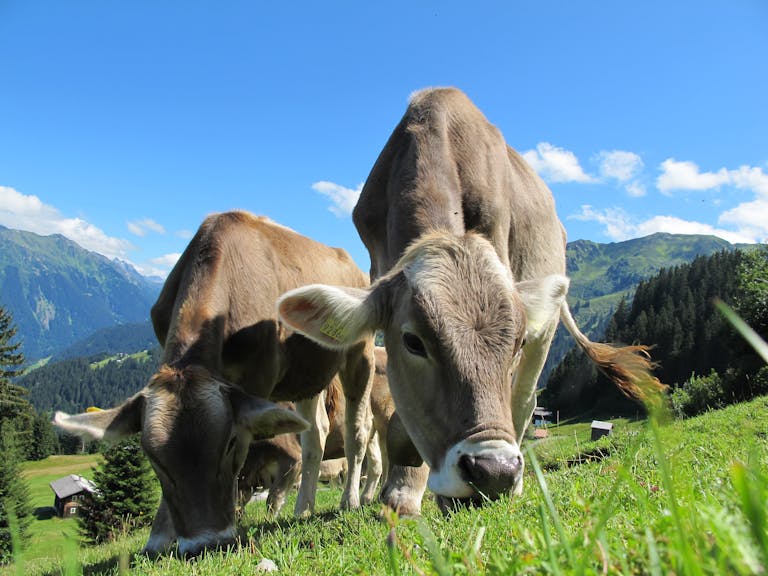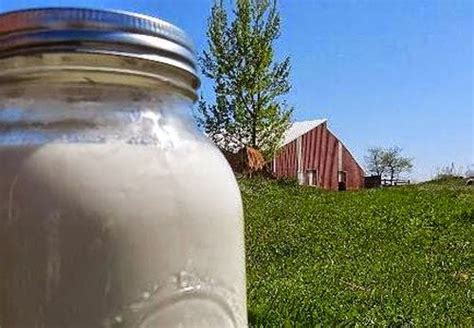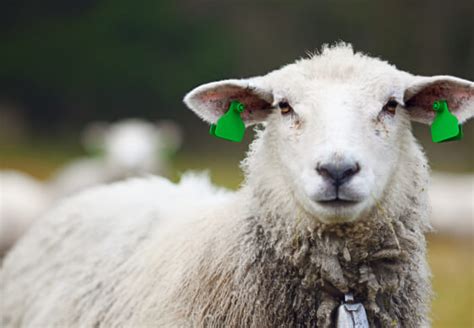Regulatory Obstacles for Raw Milk & Local Meat
Efforts to Overcome Them Slides and transcript from Pete Kennedy’s presentations at the Food Symposium, September 6-7, 2024,…

Efforts to Overcome Them Slides and transcript from Pete Kennedy’s presentations at the Food Symposium, September 6-7, 2024,…

Notwithstanding the Federal Food, Drug and Cosmetic Act (21 U.S.C. 301 et seq.), section 361 of the Public Health Service Act (42 U.S.C. 264), and any regulations or other guidance thereunder, a Federal department, agency, or court may not take any action (including any administrative, civil, criminal or other action) that would prohibit, interfere with, regulate, or otherwise restrict the interstate traffic of milk, or a milk product, that is unpasteurized and packaged for direct human consumption, if—
![OPPOSE: Pesticide Immunity – Sec. 10204 [Farm Bill]](https://doortofreedom.org/wp-content/uploads/2024/09/th-1616587506.jpg)
This section “prohibits the right to sue for failure to warn when harmed by pesticides. In Section 10204 of the House Farm Bill, language shields (gives immunity) to the producers and users of toxic pesticides from liability lawsuits associated with the harm that their products cause…”

EPA has issued a proposed rule on effluent limitations for meat and poultry processors that looks like it could be interpreted to apply EPA sewer requirements to all meat and poultry processing plants, even small custom processors.

Change statute interpretation:
Regulations to control of communicable disease – 42 USC 264
42 USC 264(a) promulgation and enforcement by the Surgeon General provides:
The Surgeon General, with the approval of the Administrator (Secretary), is authorized to make and enforce such regulations as in his judgment are necessary to prevent the introduction, transmission, or spread of communicable diseases from foreign countries into the states or possessions,
![SUPPORT: Custom Meat Pilot Program – Sec. 12114 [Farm Bill]](https://doortofreedom.org/wp-content/uploads/2024/09/th-320084448.jpg)
Current law prohibits the sale of custom slaughtered and/or processed meat, only allowing its use “in the household of…[the] owner, by him and members of his household, and his non-paying guests and employees….” (21 USC 623)

Use of Electronic Identification Eartags as Official Identification in Cattle and Bison (Final Rule)
A final rule by the Animal and Plant Health Inspection Service (APHIS) within the United
End of content
End of content